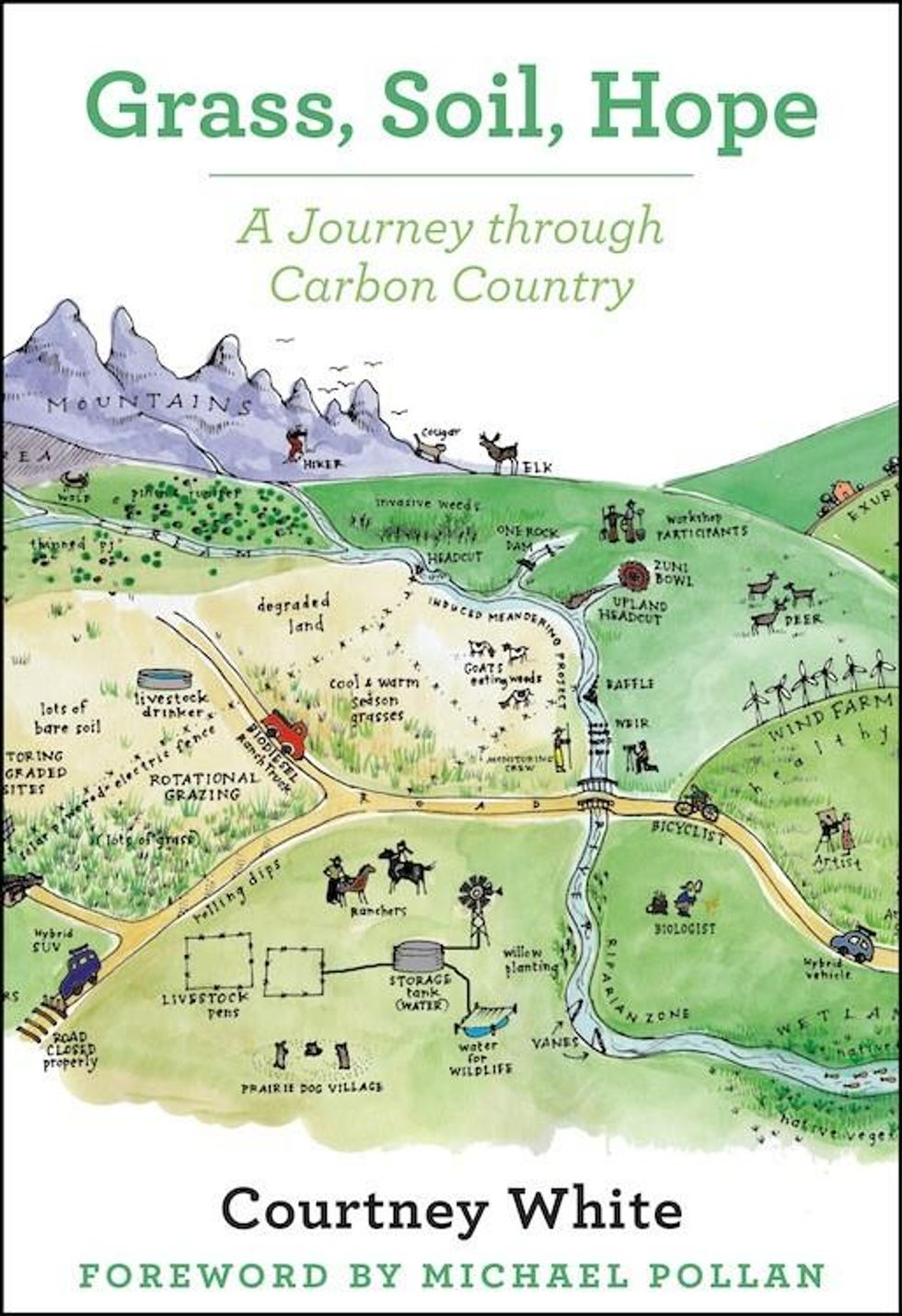Rodale Institute Announces Organic Farmers Association
New national organization for organic farmers will provide advocacy, latest research and education, and information-sharing among farmers
Rodale Institute, the world's leading organic agriculture research organization, has launched a new membership organization for organic farmers. The new Organic Farmers Association will exist to provide a voice for organic farmers on policy issues, help organic farmers network and share information, and serve as a resource center for organic farmers to succeed.
Advocacy efforts will be led by Elizabeth Kucinich, Board Policy Chair for Rodale Institute. Kucinich has extensive policy experience in Washington, D.C., including serving as the former director of policy at the Center for Food Safety and former director of government affairs at the Physicians Committee for Responsible Medicine (PCRM). Elizabeth is an advisory council member of DC EFF, the world's largest environmental film festival, and is a producer of GMO OMG and Organic Rising.
"We have a tremendous opportunity to bring organic farmers' voices and their experience with agriculture to policymakers in Washington, D.C.," said Kucinich. "Policymakers have not yet grasped the significance of organic agriculture for resilient, reliable, non-toxic food production, and its ability to mitigate climate change while restoring our nation's soil health. We have an opportunity to benefit organic farmers, while positively impacting our nation's health and mitigating our climate crisis."
In addition to better representation for organic farmers on legislative issues, the Organic Farmers Association will provide resources for farmers such as webinars, online tools, discounts, and a subscription to Rodale Institute's New Farm magazine, providing the latest research and news for organic farmers.
"A lot of people say they speak for farmers," said Jeff Moyer, Executive Director, Rodale Institute. "But there are no national organizations that exist specifically for organic farmers, by organic farmers. A lot of organic farmers are still isolated in their communities. We'd like to unite the nearly 20,000 organic farms around the country to provide that voice, provide a network, and provide the resources that farmers need to be successful."
To sign up for a membership, visit OrganicFarmersAssociation.org. There are two membership options. A "Farmer Membership," which represents organic farmers and includes a vote on policy issues, and a "Supporter Membership" for individuals interested in supporting organic farmers. Both memberships are $100/year. For farm members, the voting structure is simple. Each farm receives one vote on policy issues, so that large and small operations have an equal voice at the table
